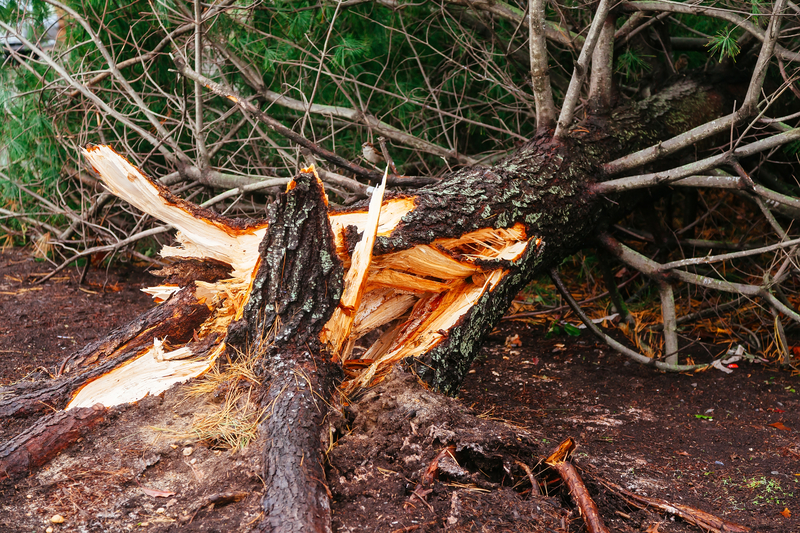Only a specialized few can see into the future but could even those psychics have predicted the monumental disaster Harvey brought to Houston and all of the surrounding cities in Texas? Perhaps, but they have little power when city planning will not listen to common sense.
Attitude is partly to blame. Michael Talbott spent 35 years with the Harris County Flood Control District trying to protect Houston, mainly by seeking funds for widening drainage channels and bayous. But he resisted the notion that more drastic measures such as preserving green space and managing growth were required. Shortly before retiring as executive director in 2016, Talbott gave an interview to ProPublica and the Texas Tribune in which he disputed the effect of global warming and said conservationists were antidevelopment. “They have an agenda … their agenda to protect the environment overrides common sense,” he said. Talbott, now retired, couldn’t be reached for comment.
It’s not only Houston that’s hands-off. Texas, despite being among the states most vulnerable to storms, has one of the nation’s most relaxed approaches to building codes, inspections, and other protections. It’s one of only four states along the Gulf and Atlantic coasts with no mandatory statewide building codes, and it has no statewide program to license building inspectors. Corpus Christi uses codes that reflect national standards, minus the requirement that homes be built 1 foot above expected 100-year-flood levels. But Nueces County, which encompasses Corpus Christi, has no residential building code.
Nationally, insurers favor tighter building codes and fewer homes in vulnerable locations. Homebuilders and developers want to keep houses as inexpensive as possible. As the costs of extreme weather increase, that fight has spilled over into politics: The federal government wants local governments to adopt policies that will reduce the cost of disasters, while many state and local officials worry about the lost tax revenue that might accompany restrictions on development.
The consequence of loose or nonexistent codes is that storm damage is often worse than need be. “Disasters don’t have to be devastating,” says Eleanor Kitzman, who was Texas’ state insurance commissioner from 2011 to 2013. She now runs a company called MyStrongHome that helps homeowners upgrade their homes to qualify for lower homeowners’ insurance premiums. “We can’t prevent the event, but we can mitigate the damage.”
While no one can really fight Mother Nature, if a disaster is going to hit there will be causalities, but as smart-thinking human beings, we have to know our limitations. We need to plan ahead to save as many lives and properties as possible. In other words, doing nothing rarely helps a situation.
What we need is to create as much safety as we can in a region that is bound, like Texas, to be hit by a catastrophe, natural or otherwise! Some might say: “That can be anywhere,” And maybe – just maybe – that is the point!
To read more on the aftermath of Hurricane Harvey go to Bloomberg Businessweek.
